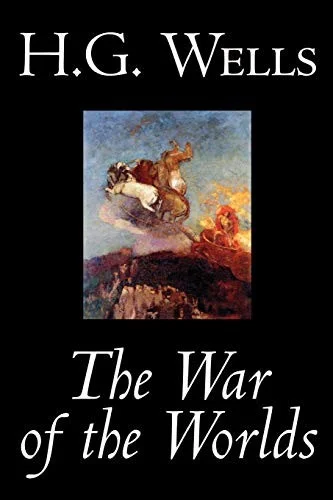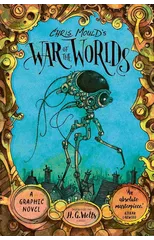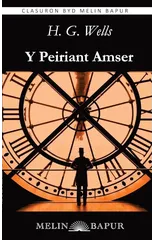It is the mother of all alien invasion stories, and still, in its way, the most compellingly realistic. The biological truth Wells has given us would slow down an alien encounters on Star Trek or Farscape, where intrepid adventurers rarely worry about local languages, much less breathing the local air. The aliens have invaded because they have a fondness for human blood, sucked from living beings (how they discovered they had a taste for us is unclear, but it makes dramatic theater, anyway). If you haven't read Wells, you need to; Wells created a landmark -- he is a thoughtful social commentator, a pioneer of what makes SF intellectually appealing, and a damned fine storyteller, too.
H.G. Wells
H.G. Wells was a prolific English writer best known for his science fiction novels. His most notable works include "The War of the Worlds," "The Time Machine," and "The Invisible Man." Wells' writing style was characterized by his imaginative storytelling, social commentary, and exploration of scientific concepts. He is often credited with popularizing the science fiction genre and influencing future writers in the field. "The War of the Worlds" remains his most famous work, depicting a Martian invasion of Earth and exploring themes of imperialism and the resilience of humanity. Wells' contributions to literature have had a lasting impact on the genre of science fiction and continue to be celebrated to this day.






